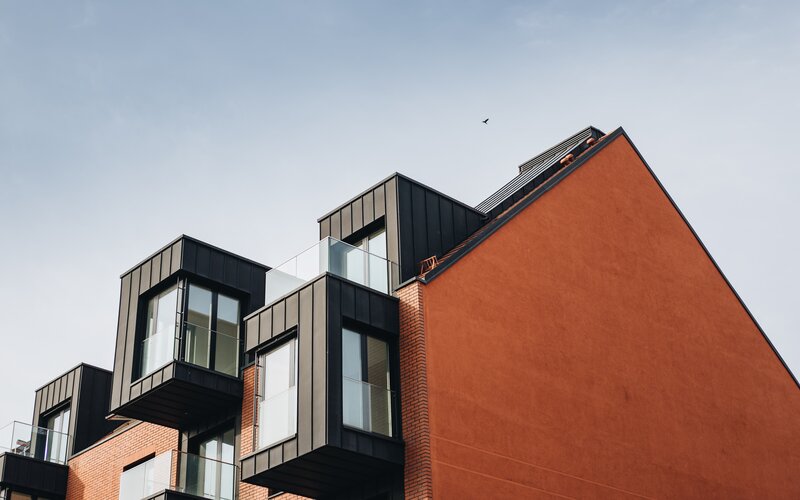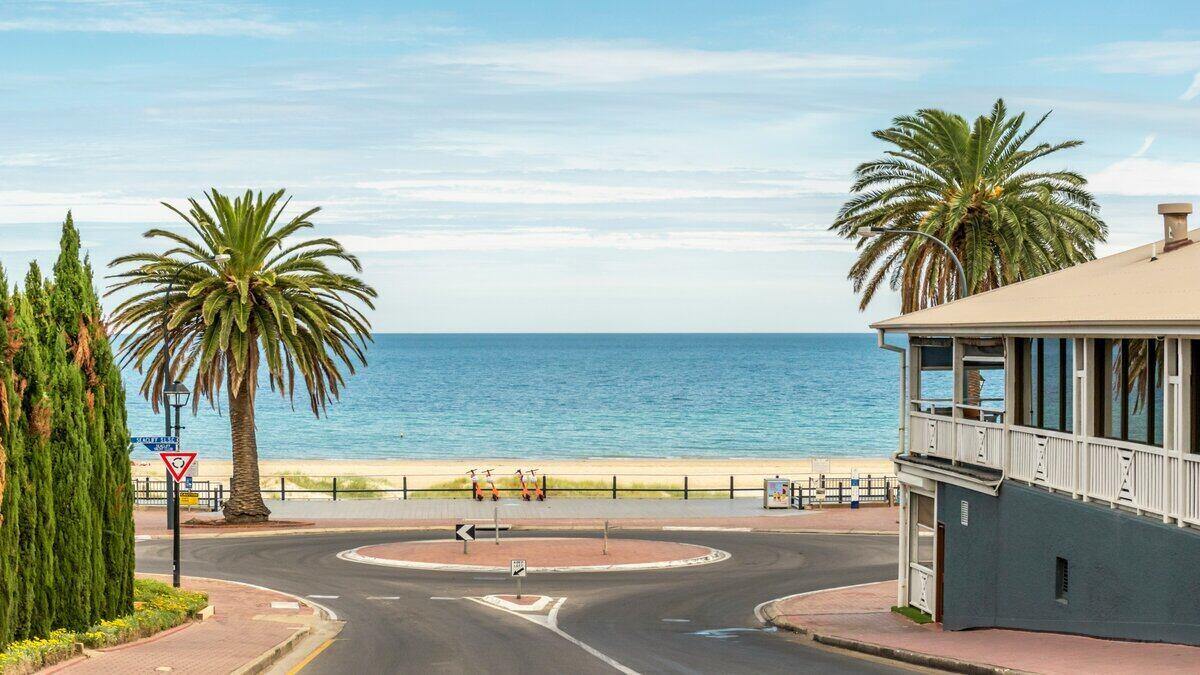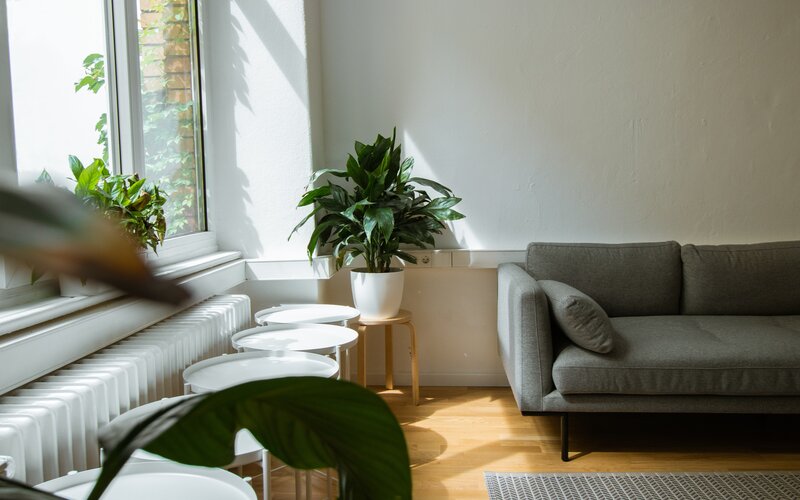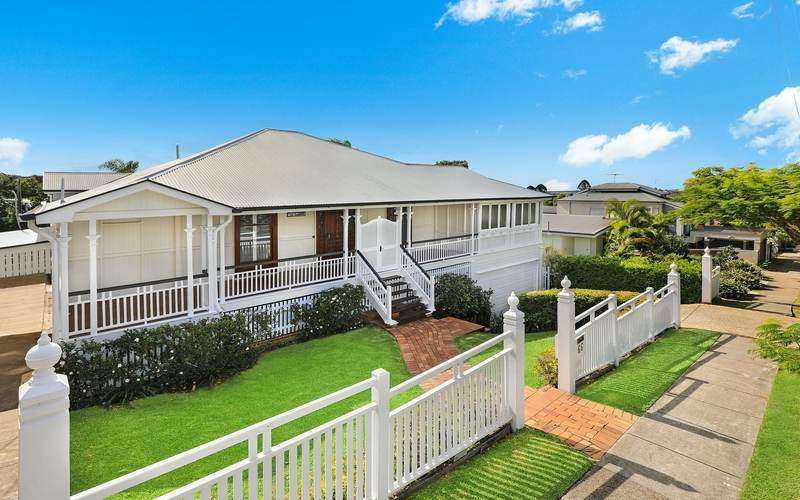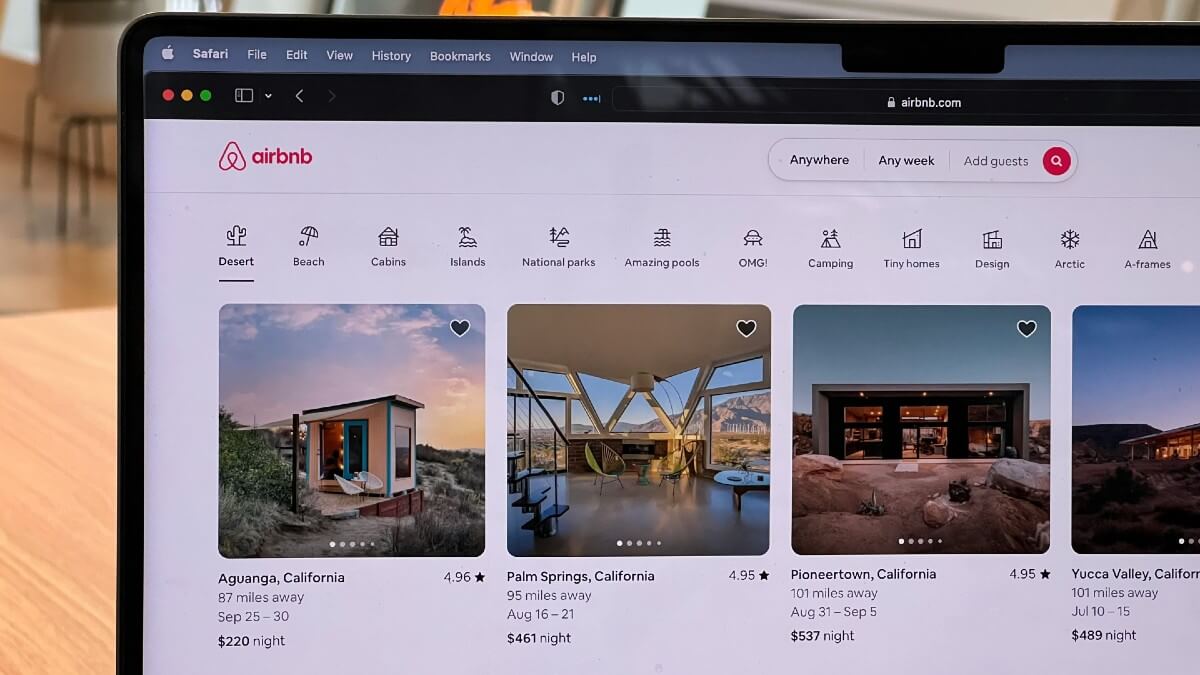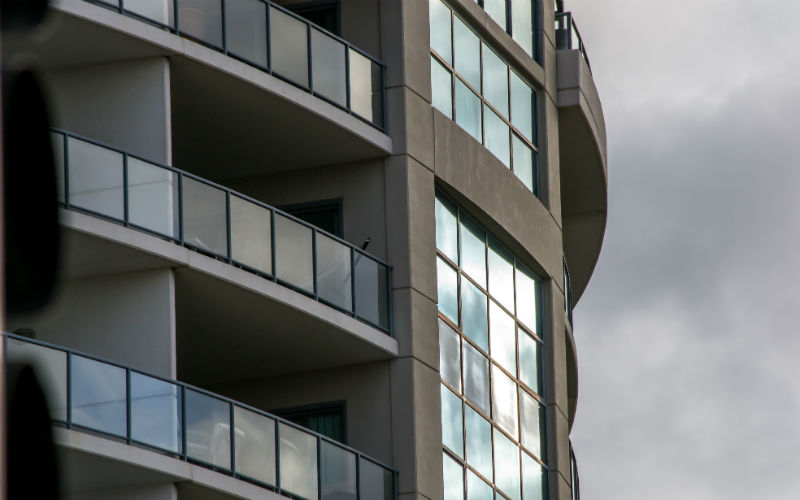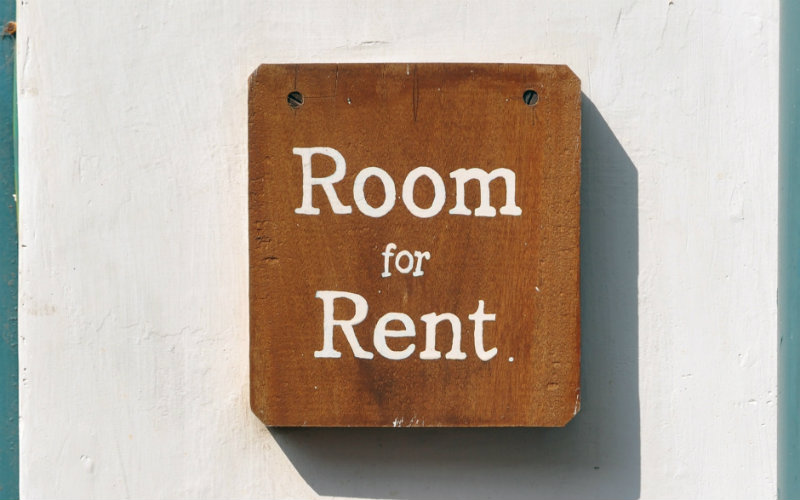Melbourne's median unit rental price is $388 per week, down 3% on the quarter and 7.6% on the year, while Sydney's is $470, down 5.1% on the quarter and 7.8% on the year.
Brisbane, on the other hand, has a median unit rent price of $400, an increase of 1.3% over the quarter and 3.9% over the year.
This is the first time in five years that Brisbane's unit rent price was more expensive than Melbourne's, according to Domain.
Buying a home or looking to refinance? The table below features home loans with some of the lowest variable interest rates on the market for owner occupiers.
| Lender | Home Loan | Interest Rate | Comparison Rate* | Monthly Repayment | Repayment type | Rate Type | Offset | Redraw | Ongoing Fees | Upfront Fees | Max LVR | Lump Sum Repayment | Extra Repayments | Split Loan Option | Tags | Features | Link | Compare | Promoted Product | Disclosure |
|---|---|---|---|---|---|---|---|---|---|---|---|---|---|---|---|---|---|---|---|---|
5.54% p.a. | 5.58% p.a. | $2,852 | Principal & Interest | Variable | $0 | $530 | 90% |
| Promoted | Disclosure | ||||||||||
5.49% p.a. | 5.40% p.a. | $2,836 | Principal & Interest | Variable | $0 | $0 | 80% |
| Promoted | Disclosure | ||||||||||
5.64% p.a. | 5.89% p.a. | $2,883 | Principal & Interest | Variable | $250 | $250 | 60% |
| Promoted | Disclosure | ||||||||||
5.64% p.a. | 5.89% p.a. | $2,883 | Principal & Interest | Variable | $248 | $350 | 60% |
|
Canberra rents more expensive than Sydney, Melbourne
Canberra has trumped Sydney and Melbourne to be the most expensive city to rent a unit, up 3.1% quarterly to $495 a week, marking the first time in a decade it has taken this mantle.
The nation's capital also maintained its spot as the most expensive place to rent a house, up 3.4% in the three months to 31 December, to $600 per week.
The biggest rebounder was Darwin, with house rent prices up 12.2% on the quarter to $520, while house prices rose 7.7% to $420.
According to Domain, Darwin house and unit asking rents have reached their highest point since 2017, and annual gains in rents are the highest since the lead up to the city's 2013 peak.
Nationally, the divergence between units and houses continued, with house rental prices up 4.8% on the year to $469.
Domain senior research analyst Dr Nicola Powell said house rents are now at a record high following the steepest annual gain in just over a decade.
"Most capital cities have the highest house asking rent since Domain records began in 2004, apart from Darwin, Perth and Hobart. Units recorded the steepest annual fall on record to reach the lowest asking rent since early 2014, led by declines in Sydney and Melbourne,” Dr Powell said.
Domain's figures are generally corroborated by data from SQM Research, which indicated unit rent prices in Melbourne plunged 8.7% on the year, while surging 27.3% for houses in Darwin.
Strong gains were also seen in capital cities other than Sydney and Melbourne, according to SQM managing director Louis Christopher.
"It's clear Sydney and Melbourne apartment investors were the losers of 2020, with rents and prices falling," he told the ABC.
"Darwin is more difficult to explain. Their economy remains very weak. However we think it has much to do with Victorians moving up north and away from COVID restrictions.
"Keep in mind that Darwin [and] the NT was the first place to come out of restrictions and open their borders back in June."
Capital City Rent Prices in 2020
| City | Unit Median Rent | House Median Rent | Yearly Gain (Units/Houses) |
|
Sydney |
$470 | $550 | -5.1% / +1.9% |
| Melbourne | $388 | $420 | -3.0% / 0.0% |
| Brisbane | $400 | $425 | +1.3% / +2.4% |
| Adelaide | $340 | $410 | 0.0% / +1.2% |
| Perth | $350 | $420 | +2.9% / +6.3% |
| Hobart | $400 | $460 | 0.0% / +2.2% |
| Canberra | $495 | $600 | +3.1% / +3.4% |
| Darwin | $420 | $550 | +7.7% / +12.2% |
Source: Domain Q4 2020 Rent Report
Still cheaper to own a home than rent?
If using averages or medians, it's generally cheaper to service a mortgage than it is to rent either a house or unit.
Domain's data shows the median national house rent is $469 a week or $2,032 a month, and for units, the median rent price was $432, or $1,872 a month.
According to MoneySmart, the average home loan rate as of November 2020 - for an owner-occupier paying principal and interest - was 2.54% p.a.
In October 2020, 14,716 loans were written for first home buyers for a total value of $6.0341 billion, according to the Australian Bureau of Statistics (ABS).
This indicates an average loan size of $410,037, and using the 2.54% p.a average home loan rate, it equates to $1,629 per month over 30 years being spent to service the mortgage.
This also highlights the importance of reviewing home loan rates - a 1.99% p.a home loan on $410,037 would cost $1,514 a month over 30 years to service, a saving of more than $100 a month (or more than $41,000 over 30 years, assuming rates stay the same).
In any of these instances, it's cheaper at the base level to service a $400,000-odd mortgage than to rent a place.
However, one of the biggest financial considerations with buying a house or unit is the added costs of property maintenance, and for units, body corporate fees.
This can quickly blow any rent-versus-own arguments out of the water, as the 'rule of thumb' is to set aside 1% of the property's value every year for home maintenance, with body corporate fees also wildly variable based on the apartment block itself.
Calculating rents using rental yield
The rent-versus-buy argument also gets more convoluted if you look at rental yield.
If a borrower had a 20% deposit, which is admittedly not everyone, the average loan size figure mentioned earlier implies a home price of over $512,000.
According to SQM Research, the average capital city rental yield across all houses was 2.9% as of January 2021, which works out to be about $285 a week in rent on that implied average home price.
If you can find a $500,000 home charging $285 a week in rent in a capital city, then more power to you.
Using a 5% rental yield, the figure comes out to $492 per week, which seems more realistic.
Further, ABS stats indicated the average capital city home price was $689,000, and with a 2.9% rental yield that works out to be $384 a week, and for a 5% yield, $663 a week.
Photo by Yong Chuan Tan on Unsplash

Ready, Set, Buy!
Learn everything you need to know about buying property – from choosing the right property and home loan, to the purchasing process, tips to save money and more!
With bonus Q&A sheet and Crossword!





.jpg)
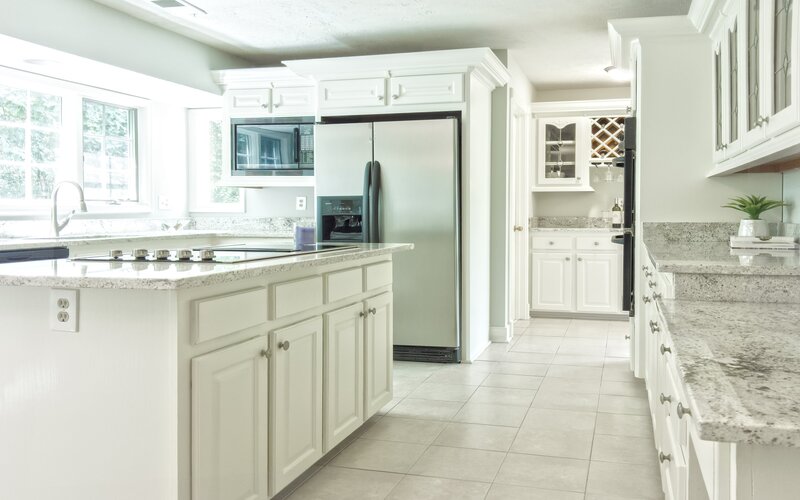
 Alex Brewster
Alex Brewster
